Time is a relentless river. It rages on, a respecter of no one. Shelly Miller shows us how to slow the torrent by fully living in the moment. On a walk at dusk she discovers when time slows, God’s voice is clear. Answers for questions about loneliness and belonging come quickly through one simple but curious word: Sabbath. As a pastor’s wife, London expat, and mom of two adult kids, she knows what it means to get lost in the current and how wasting time can be a life raft. Today, Shelly guides us in finding our unique rhythms of rest. It’s a grace to welcome Shelly to the farm’s front porch today…
guest post and photos by Shelly Miller
The hems of my soggy pants brush my ankles, sending chills up my spine.
Grass confetti sticks like static electricity to my shoes with each step.
I stop and stare at the horizon; my hand covers my squinting eyes, an awning shielding the brightness.
I’ve memorized this moment for eleven months, breathless with the reality. Captivated by simple beauty, I sit down and mentally retrace the familiar lines of the landscape.
Water gently laps on the shoreline, the sun illuminating the lake like a flash mob of photographers.
Children’s voices and the hum of a boat echo from miles across; the blue cloudless sky meets inky indigo water. A bird trills from two houses beyond, breaking my trance, diverting my attention toward the beach strewn with sand toys, water skis, and crumpled beach towels.
I hear myself exhale. And think.
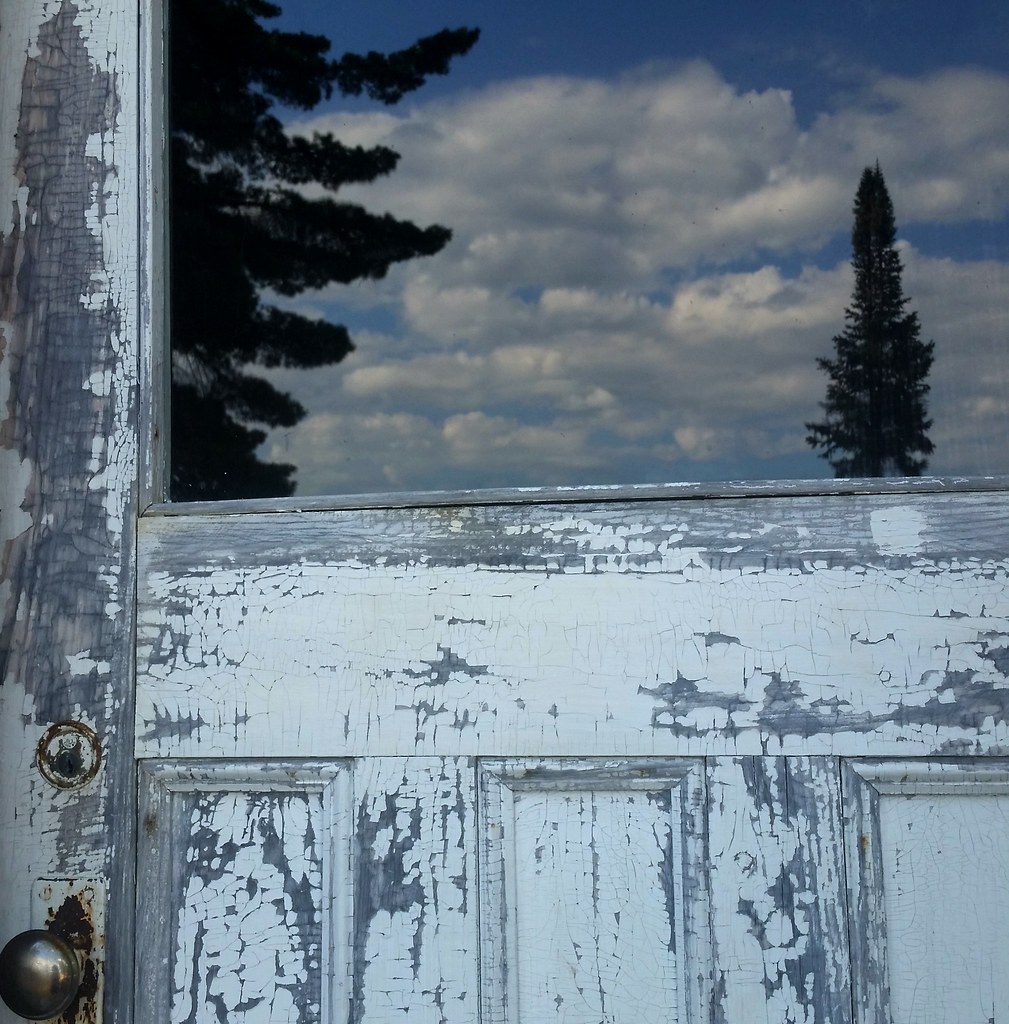
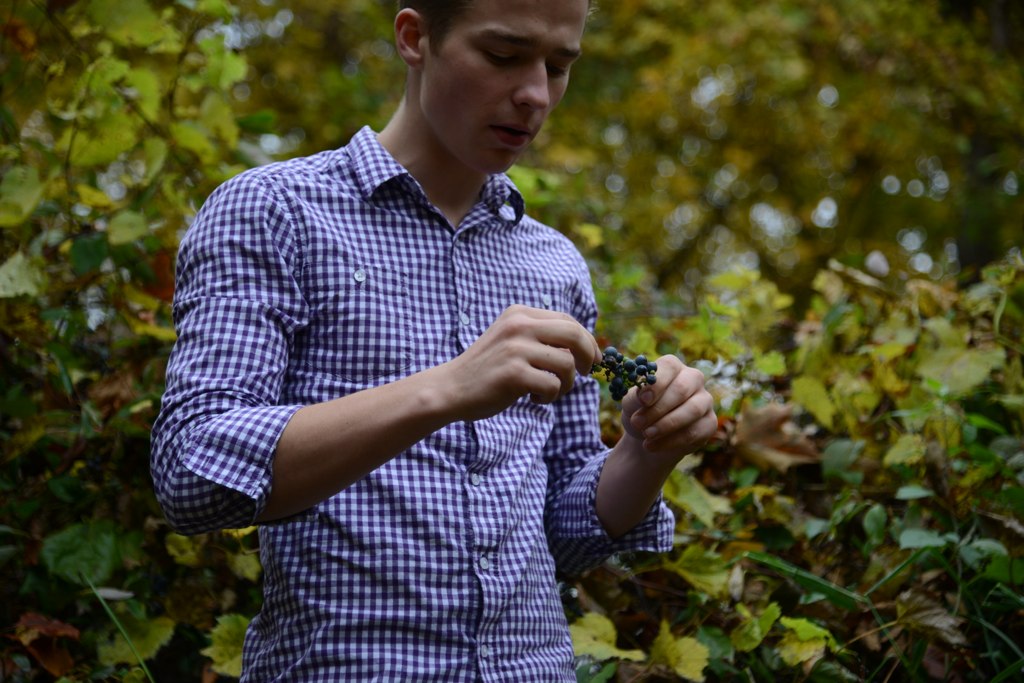
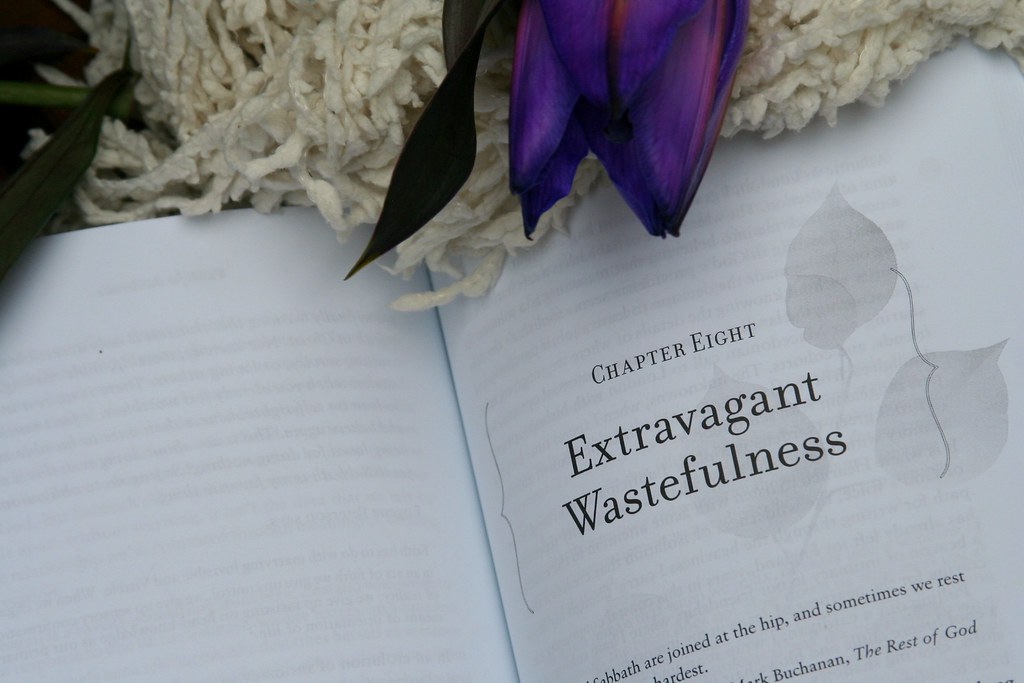


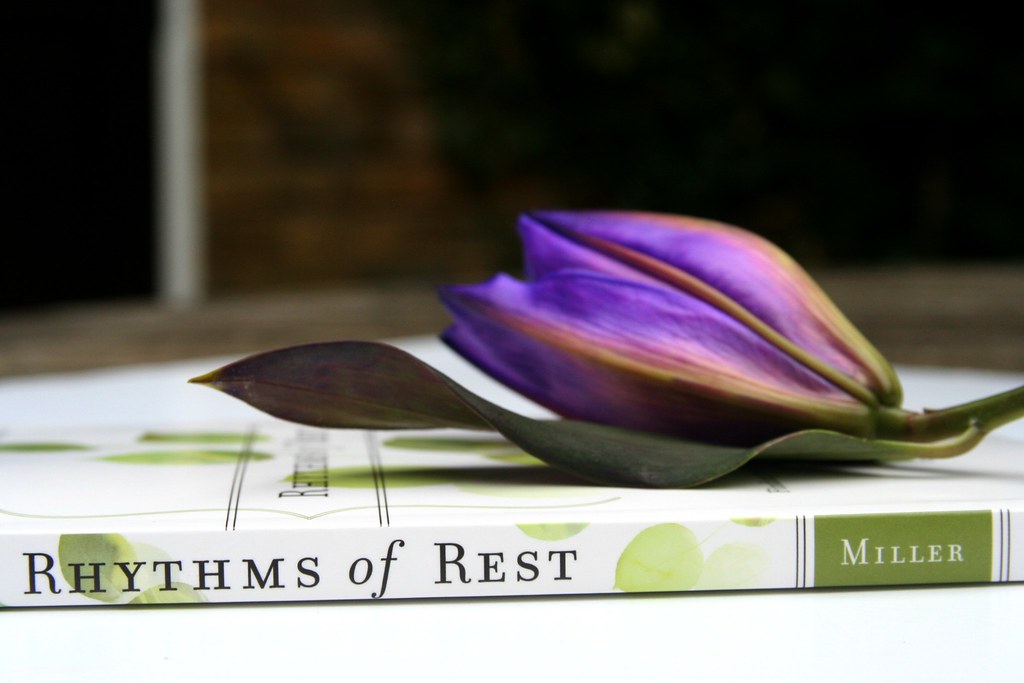
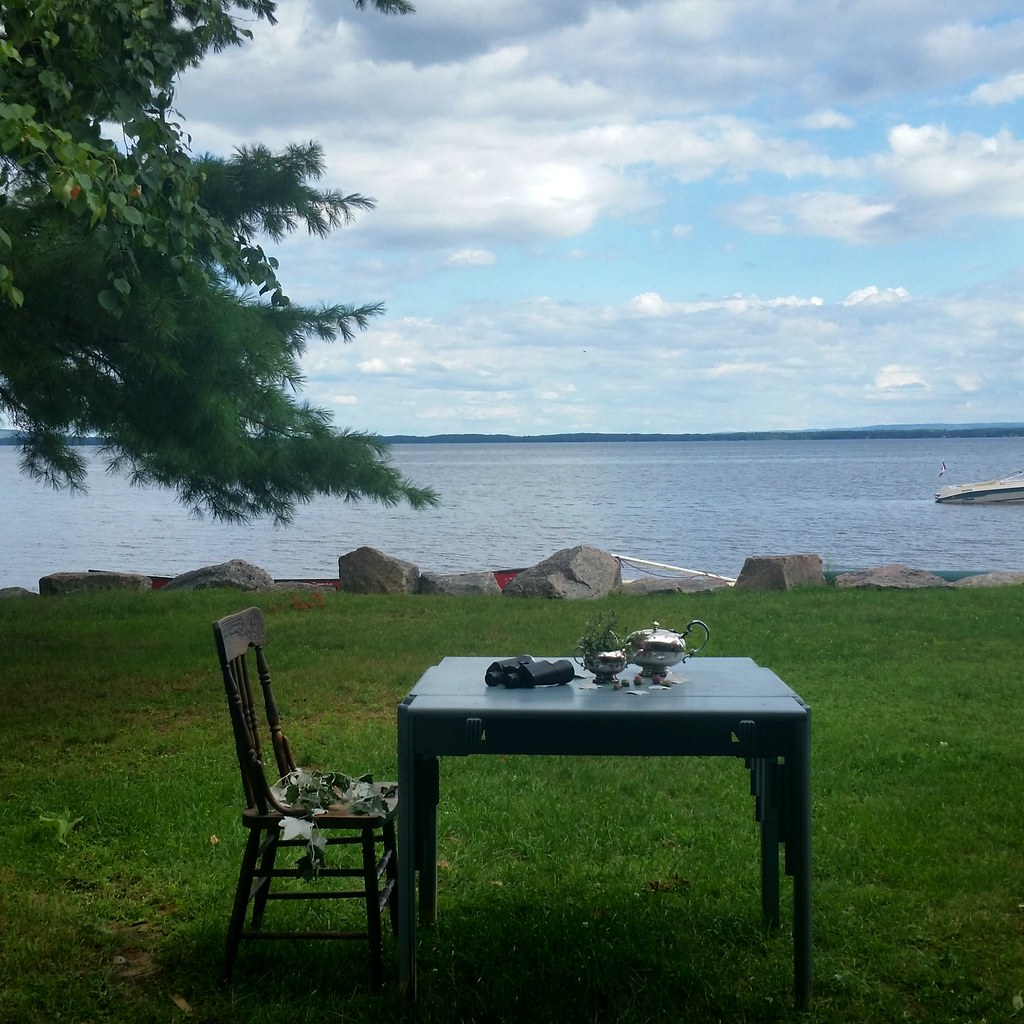

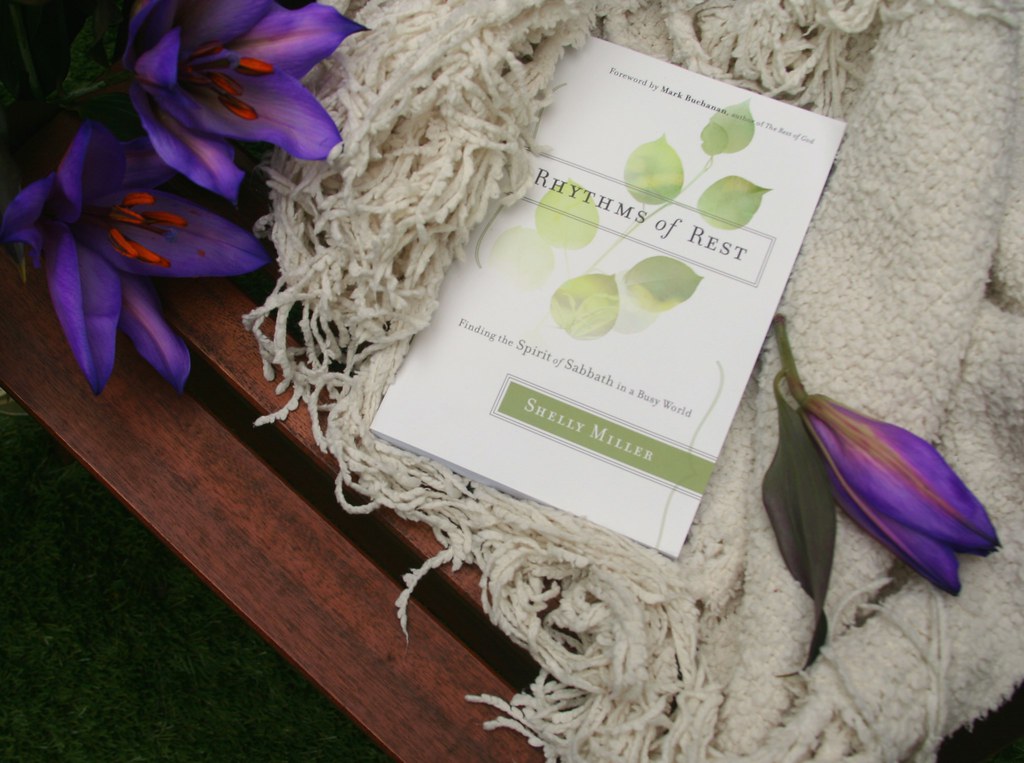

In a culture of busyness, most of us live in the tension of unresolved solutions for continual cycles of chronic tiredness. We know we need rest but struggle to find margins.
In this familiar place at our family cottage in Canada, the clock is no longer a bully but a favor. With years of practice, I’ve learned that vacation is a change in mindset cultivated by the inspiration of new geography.
The choice of rest is a kindness to your inner self that is desperate for conversation about calling.
“What do you want me to do for you?”
It’s a question Jesus asks his disciples James and John, and the same one he asks of Bartimaeus, a blind man sitting on the side of the road.
It’s straightforward; it’s simple, isn’t it? It’s obvious how a blind man would answer that question, but Jesus wants to hear him say it with specificity and without reservation.
He’s asking you and me the same question when it comes to making rest a rhythm. How will you answer?
His question brings opportunity for digging deeper, answering with vulnerability, wrestling between truth and fiction, and choosing trust over self-protection. And like a father asking his children, God wants us to tell Him what we want. Instead, we slump our shoulders in ambivalence.
I want the legacy of a well-lived life, don’t you?
I’m learning to say what I want with greater clarity and definition, even when it feels uncomfortable and presumptuous, because I don’t want a mediocre life as a result of vague prayers and ill-defined faith.
When you are tired, depleted, worn out, and weary, imagine Jesus asking, “What do you want me to do for you?”
When we are tired, coming up with an answer to that question seems monumental, doesn’t it? Even rest is a vague answer—an answer that leads to vague results.
This question, “What do you want me to do for you?” is at the heart of making rhythms of rest a true reality.
In the same way, you and I are intentional about what we are going to eat for dinner, graphic when teaching our children how to dress, detailed about decorating our homes, and defined about our roles in the family.
When it comes to rest, Jesus wants you and me to tell Him with specificity what we want. Truth is not trite; it has texture and tenacity to it.
We embrace intentions for work, academics, relationships, finances, recreation, and faith, but what about intentions for rest?
Most of us don’t spend time thinking about how a day of rest might look in a busy week.
We don’t dare to dream about rest outside of paid vacation time because a whole day for resting seems unrealistic, so out of reach that pondering the possibility seems futile. As a result, we block out the possibility of rest altogether.
Rest is ill-defined when we value time and our worth based on productivity.
If we are created with intention by God for a specific purpose, and the way to discover that purpose is through relationship with him, then one way to discover what we are missing in life is through abiding with him on Sabbath.
A lack of intentionality when it comes to how we rest leads to a depleted life defined by what the world dictates. When we are overtired and dreading the alarm clock, we may miss out on hints toward happiness God has for us. “Wasting time” is actually the most productive action you may take this week.
Back at the cottage, I stand beside an overturned red canoe propped against a large tree trunk, frozen while looking through the lens of my camera in wonder and thankfulness.
Framing life’s circumstances through the lens of Sabbath is a reorientation, a quieting of inner dialogue with an outcome of broad perspective, different from a routine quiet time or leisure activity.
Waiting for Jesus to come,
to define purpose in the midst of circumstances that don’t make sense,
ultimately determines the path we take.
Shelly Miller is a veteran ministry leader and sought-after mentor on Sabbath-keeping. She leads the Sabbath Society, an online community of people who want to make rest a priority, and her writing has been featured in multiple national publications.
Her first book, Rhythms of Rest: Finding the Spirit of Sabbath in a Busy World, Shelly dispels legalistic ideas about Sabbath, showing you how times of rest—whether for an hour, a morning, or a whole day—can change your perspective on how you approach life. With encouraging stories from people in different stages of life, you will glean simple ways to be intentional about making times of rest doable. You are unique, and the way you rest is unique to you too. And I so agree with Shelly when she says, “Sabbath is not about resting perfectly but resting in the One who is perfect.” This book is a helpful tool for every single one of us.
[ Our humble thanks to Bethany House for their partnership in today’s devotion ]







